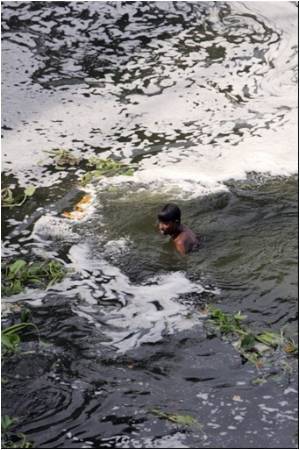
The findings come from the first global-scale initiative to quantify the impact of these stressors on humans and riverine biodiversity.
The research team produced a series of maps documenting the impact using a computer-based framework they developed.
"We can no longer look at human water security and biodiversity threats independently," said the corresponding author, Dr. Charles J. Vörösmarty.
"We need to link the two. The systematic framework we've created allows us to look at the human and biodiversity domains on an equal playing field," he said.
The framework offers a tool for prioritizing policy and management responses to a global water crisis.
Advertisement
Among the stressors analyzed were the effects of pollution, dams and reservoirs, water overuse, agricultural runoff, loss of wetlands and introduction of invasive species.
Advertisement
Affected areas include much of the United States, virtually all of Europe and large portions of Central Asia, the Middle East, the Indian subcontinent and eastern China.
A strategy called integrated water resource management, which balances the needs of humans and nature, would best meet the dual challenge of establishing human water security and preserving biodiversity in the developing world.
The findings were reported in the September 30 issue of Nature.
Source-ANI








